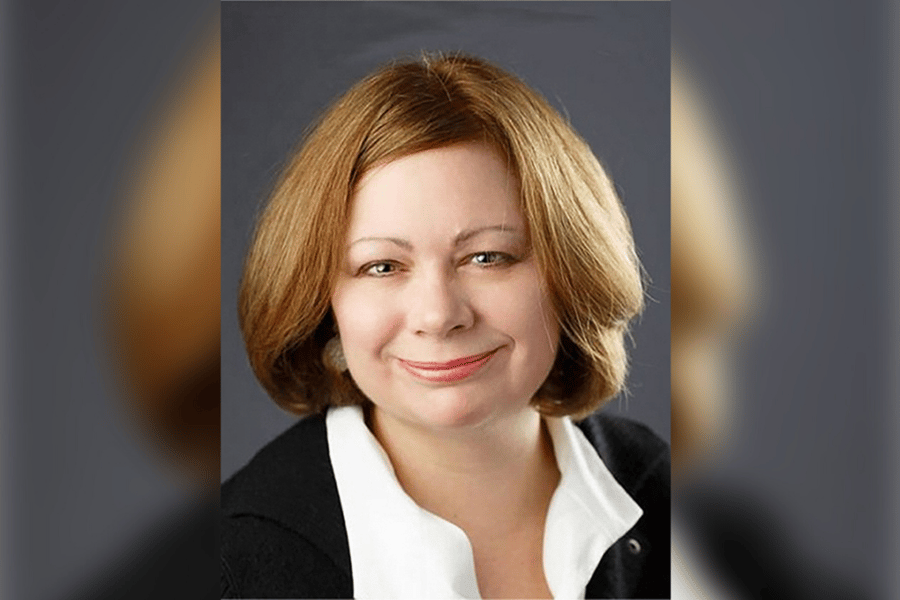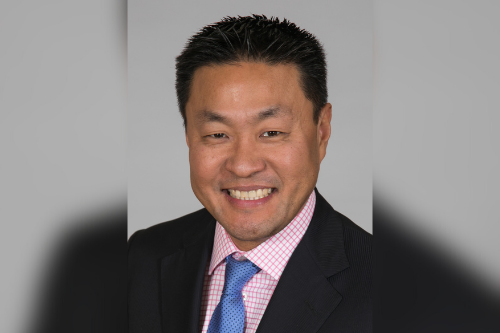Three industry leaders weigh in on current broker education levels

It’s a contentious issue in the mortgage industry: the question of whether current education standards for mortgage brokers are too low.
The increasing array of complex mortgage products on the market, coupled with the reality that separate sectors require different types of expertise, have led many to conclude that more stringent education requirements should be put in place for brokers across the country; others view on-the-job experience as the best way to learn.
Speaking on a recent CMPTV Power Panel, Samantha Gale (pictured above), CEO, Canadian Mortgage Brokers Association (CMBA) – British Columbia, expressed the view that current education standards fall far short of those required to prepare prospective brokers for a career in the profession.
“I don’t think it will come as any surprise to anyone if I acknowledge that the education standards are exceedingly low,” she said. “It’s a minimal course, [and] you can do it in a matter of days – a 50-question, multiple-choice exam. It simply doesn’t equip industry persons to engage in mortgage brokering in any independent way.”
Gale said that those education standards had given rise to many misconceptions in the industry, and a frequent fundamental misunderstanding of different types of mortgages among the broker community.
Read next: Will a national Code of Conduct for mortgage professionals protect Canadian homeowners?
“There needs to be a lot more education around private mortgages, dealing with private investors, commercial mortgages and how they differ,” she said. “We’ve even got a lot of industry people thinking that commercial mortgage brokers aren’t regulated under licencing statutes. There are some very basic elements of regulation that aren’t well understood.”

Speaking on the same panel, Mortgage Alliance president Peter Aceto (pictured immediately above) agreed that private lending was an area that required a particular educational focus, although he also said that brokers dealing in the A space were for the most part well-equipped to carry out their roles.
“If you’re a broker who’s very focused on a niche, doing A type of credits with A types of lenders, I’m not sure there needs to be a lot more work in terms of education and development,” he said. “[However], as you get into private lending and commercial lending, doing the work and due diligence for investors as well as more complicated transactions that can have a bigger impact on people’s lives, I think there are tiers that should require different education to qualify for different parts.”
Aceto noted that Mortgage Alliance had prioritized training for its employees, particularly on the private side due to the greater risk of E&O claims in that space. Still, he said that in addition to the discussion on which aspects of brokering required greater attention, a debate was required on who should take responsibility for raising brokers’ education standards.
“It depends on what part of mortgage brokering you want to do, and who should provide that service,” he said. “Should it be a regulator and a third-party independent body or the networks that you’re a part of?”

Dong Lee (pictured above), chief operating officer at Dominion Lending Centres, said on that point that he would like to see a more collaborative discussion between regulators and other actors on the issue of educating brokers.
Read next: The bill that could spell trouble for private lending
“To put it all on the regulators is somewhat unfair, but I think what you’re finding is that the market dynamics, the participants in this channel are already recognizing the lack of training and education that are provided to new brokers entering the space,” he said.
“You’ve got things like Facebook pages popping up to help newbie mortgage brokers; you’ve got networks… doing an incredible job with educating new agents coming into the space; and you’ve got regulators doing things now like a symposium for new agents entering the marketplace.”
Lee agreed that implementing different tiers of licencing depending on the sector would be a good place to start, identifying refinancing in particular as an area that required a greater educational focus for the broker community.
Ultimately, he said that that conversations needed to begin with all parties coming together to formulate an agreed way forward on the subject of broker education. “There are all sorts of things that we need to do [in terms of] training and educating our brokers,” he said. “A collaborative approach [is required].
“It’s a problem that I don’t think is going to go away anytime soon, but I think the sooner we come together and have that conversation, the best for our industry as a whole.”
You can view the full panel discussion, including reactions to the Mortgage Broker Regulators’ Council of Canada’s recently ratified Code of Conduct for brokers, here.



